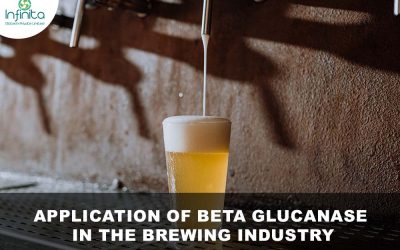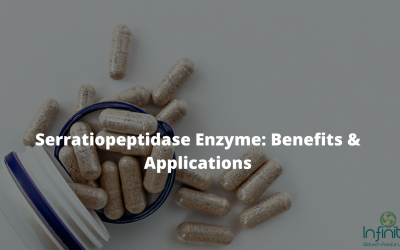Cellulase Complex Enzymes For
Cellulosic Ethanol
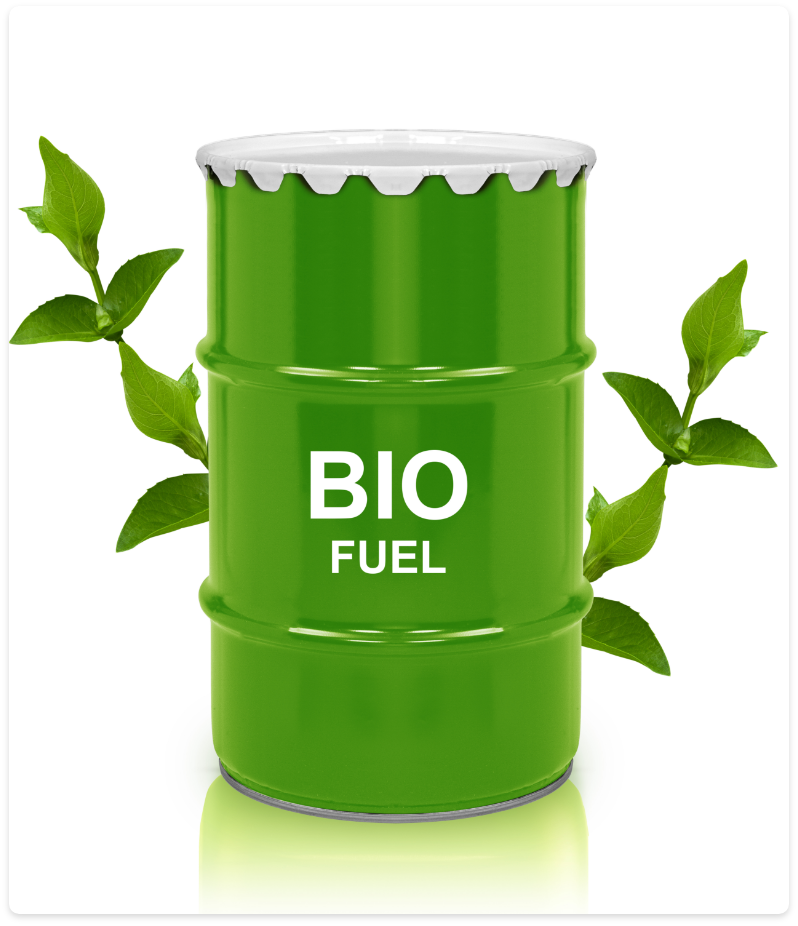
Cellulosic Ethanol, or Second-generation Ethanol, is a biofuel produced from cellulose (the stringy fibre of a plant) rather than from the plants seed, fruit or tuber.
Growth of cellulose by plants is a mechanism that captures and stores solar energy by photosynthesis, in nontoxic ways. Additionally, transport may be unneeded anyway, because grasses or trees can grow almost anywhere. This is why commercially practical Cellulosic Ethanol is widely viewed as a next level of development for the biofuel industry which could reduce demand for oil and gas drilling. It could also avoid one of the problems with today’s conventional (grain-based) biofuels, which is that they set up competition for grain with food purposes, potentially driving up the price of food. The biological and eco-friendly method to produce ethanol from cellulose is cellulolytic processes which consist of hydrolysis on pretreated lignocellulosic materials, using a group of enzymes to break complex cellulose into simple sugar, followed by fermentation and distillation.
Cellulosic Ethanol, or Second-generation Ethanol, is a biofuel produced from cellulose (the stringy fibre of a plant) rather than from the plants seed, fruit or tuber.
Growth of cellulose by plants is a mechanism that captures and stores solar energy by photosynthesis, in nontoxic ways. Additionally, transport may be unneeded anyway, because grasses or trees can grow almost anywhere. This is why commercially practical Cellulosic Ethanol is widely viewed as a next level of development for the biofuel industry which could reduce demand for oil and gas drilling. It could also avoid one of the problems with today’s conventional (grain-based) biofuels, which is that they set up competition for grain with food purposes, potentially driving up the price of food. The biological and eco-friendly method to produce ethanol from cellulose is cellulolytic processes which consist of hydrolysis on pretreated lignocellulosic materials, using a group of enzymes to break complex cellulose into simple sugar, followed by fermentation and distillation.
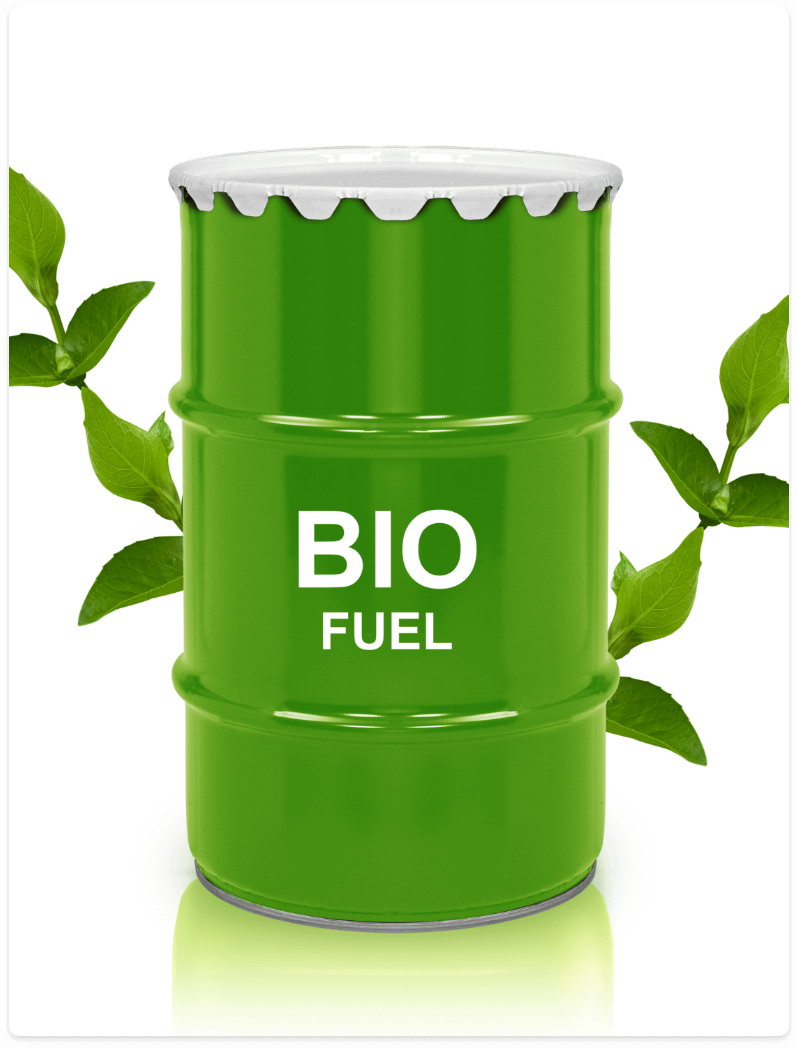
Our Solutions
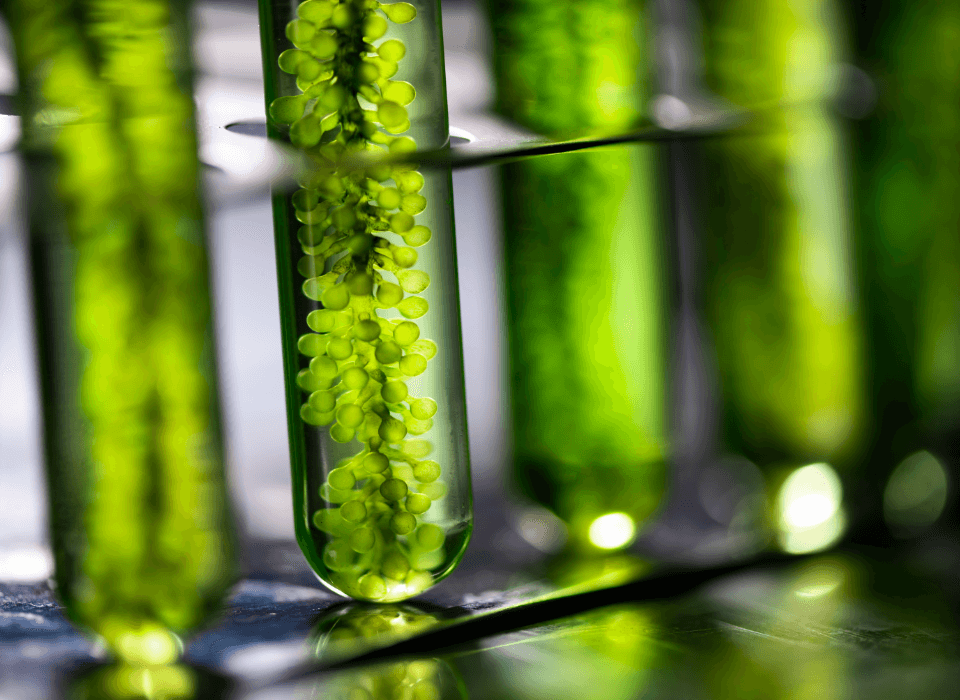
CELLULASE COMPLEX ENZYMES
Our specialised cellulase complex enzymes formulation can be utilised for producing fermentable sugars from cellulosic material.

Multi Enzymes
Complex

Applicable To
Various Feedstocks

Accelerates SSF
Process

Multi Enzymes Complex

Applicable To Various Feedstocks

Accelerates SSF Process
BOOSTER
Multi enzymes booster to hydrolyse components of pre-treated Biomass

Higher bioethanol yield

Increased fermentable sugars

Useful for various non-food biomass

Multi Enzymes Complex

Applicable To Various Feedstocks

Accelerates SSF Process

Related Articles
Bite into Science: How Bakery Enzymes are Revolutionizing Bread
If you've ever sunk your teeth into a warm, freshly-baked loaf of bread, you know the undeniable pleasure it brings. But have you ever stopped to think about the science behind that delectable treat? Believe it or not, bakery enzymes are playing a pivotal role in...
Application Of Beta Glucanase In The Brewing Industry
Beer and wine have been an indispensable part of our social life since time immemorial. In the brewing industry, both beverages are produced by yeast fermentation of sugars. Grapes are the basis for wine and barley is an essential ingredient for beer, since they...
Serratiopeptidase Enzyme: Benefits & Applications
Serratiopeptidase enzyme is widely available as a dietary supplement worldwide. It may have several health benefits. It is generally used for reducing inflammation and pain naturally. Let us look into detail about this enzyme and its uses and benefits. What is...
QUICK LINKS
HOME
ABOUT
CERTIFICATIONS
BLOGS
MEDIA
CAREERS
FAQs
CONTACT
PRODUCTS
© 2024, Infinita Biotech Private Limited. All rights reserved.
Designed by Kerkar Media


